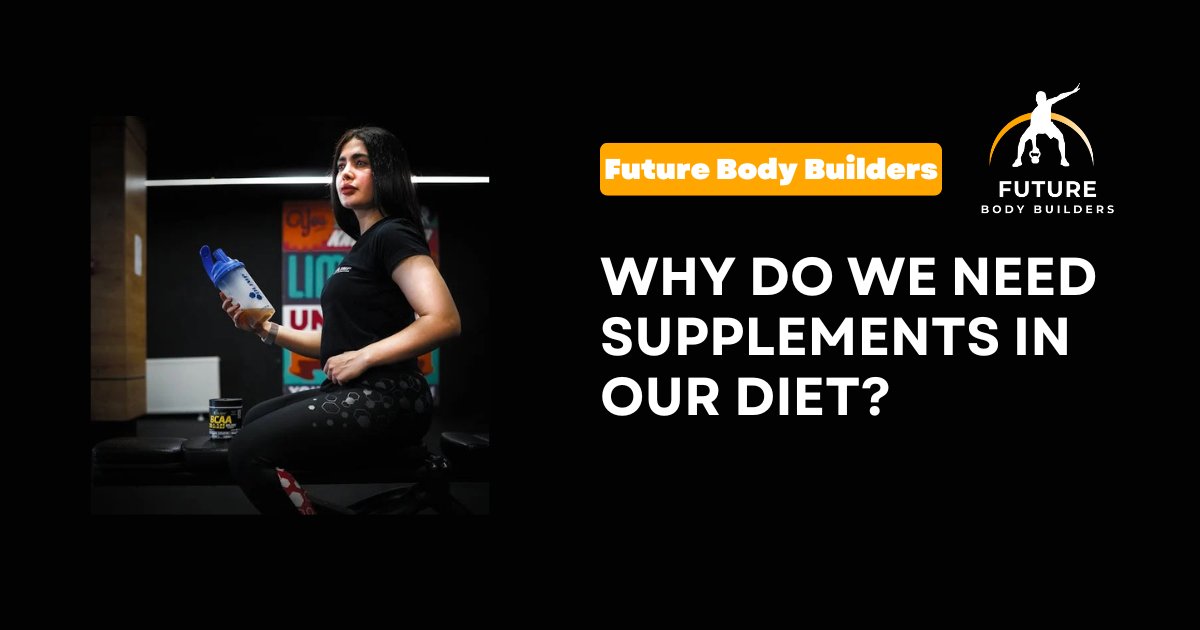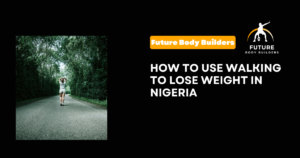You have probably seen all kinds of supplements, including whey protein, creatine, multivitamins, omega-3s, and more. If you’ve ever walked into a Nigerian pharmacy or gym shop or scrolled through online fitness stores, you know that many people still ask, “Do I need supplements?”
Well, the truth is, your diet should always come first. But supplements can help where your regular food falls short. With busy work lives, tight budgets, inconsistent food quality, and Nigerian stress levels, it’s hard to always eat perfectly balanced meals.
In this post, we’ll break down why supplements are needed, how to choose the right ones, and how Nigerians can use them wisely for fitness, health, and muscle-building goals.
Are you interested in getting more personalized fitness and gym tips? You can book a free customized fitness consultation with us. This will help you to improve your supplement intake and usage.
What Are Dietary Supplements?
Supplements are products that contain nutrients like vitamins, minerals, proteins, amino acids, or herbs. These are meant to support your overall health. They’re not meant to replace food but to “supplement” what you’re already getting from meals.
Common forms include
- Capsules or tablets
- Powders
- Liquids
- Gummies
Popular fitness-related supplements in Nigeria include
- Whey protein
- Creatine
- BCAAs (Branched Chain Amino Acids)
- Multivitamins
- Fish oil (Omega-3)
- Pre-workouts and post-workout recovery blends
Why Do Nigerians Need Supplements?
1. Our Diets Aren’t Always Nutrient-Dense
A typical Nigerian meal is delicious but can be carb-heavy (think rice, yam, eba, or garri) and may lack enough protein, fiber, or micronutrients unless carefully planned.
For example:
- Many can’t afford to eat chicken, eggs, or fish daily.
- Vegetables are sometimes served in small portions.
- Some cooking methods reduce nutrient content.
This is where supplements can help by providing what’s missing:
- Protein powder if you can’t eat 100g of meat daily.
- Multivitamins to fill in the gaps.
- Omega-3s if you rarely eat oily fish.
2. Busy Lifestyle, Skipped Meals
Between Lagos traffic, 9–5 jobs, long commutes, and erratic power supply, it’s easy to miss meals or eat junk food. A protein shake or vitamin pack can provide quick nutrition on the go.
- Meal replacement shakes support weight loss.
- Protein bars help post-gym refueling.
- Creatine supports energy and strength for fast-paced fitness schedules.
When life gets hectic, supplements provide a backup plan.
3. Supports Fitness Goals: Weight Loss, Muscle Gain, Recovery
Your body needs more nutrients when you’re training regularly.
- Protein powders help repair and grow muscles after workouts.
- Creatine enhances strength and energy for intense lifts.
- BCAAs reduce muscle soreness and aid in quicker recovery.
- Fat burners (with caution) support weight loss when used with diet and exercise.
In Nigeria, gym access is growing, but diet quality often lags. Supplements can bridge that gap, making your training efforts more effective.
4. Poor Soil & Food Quality
Overfarming and poor agricultural practices have reduced nutrient levels in our crops. Even if you eat fruits and vegetables, they may not be as nutrient-dense as they were 30 years ago.
Also:
- Processed food is rising.
- Market or fast food options are often deep-fried or low in fiber.
- Imported food may sit on shelves for months.
Supplements help ensure your body gets consistent and quality nutrition, even when your food doesn’t.
Types of Supplements Every Nigerian Should Consider
1. Whey Protein
- For muscle building, recovery, or meal supplementation.
- Ideal for people who struggle to eat enough meat or fish.
- Mix with water or milk post-workout.
2. Multivitamins
- Covers essential vitamins like A, C, D, E, and B-complex and minerals like zinc, iron, and magnesium.
- Helps with immunity, energy, skin, and bone health.
3. Omega-3 (Fish Oil)
- Supports brain, joint, and heart health.
- Reduces inflammation.
- Helpful for people who rarely eat fresh fish.
4. Creatine
- Great for weightlifters and bodybuilders.
- Increases strength, endurance, and post-workout recovery.
- One of the most studied and safe supplements worldwide.
5. BCAAs
- Improves muscle recovery.
- Reduces soreness and fatigue after workouts.
- It comes in powder and is easy to mix with water.
Are Supplements Safe?
Yes — when taken correctly.
However:
- Don’t exceed dosage labels.
- Avoid cheap, fake, or unregistered brands.
- Look for NAFDAC-approved products or trusted international brands from verified stores.
- Stay hydrated when using powders, especially in hot weather.
Always consult a doctor or dietitian if you’re pregnant, managing a health condition, or using medication.
Who Needs Supplements the Most?
You might benefit from supplements if you are:
- A gym-goer or athlete training 3–6 times weekly
- A student or worker who skips meals often
- Someone recovering from illness or weakness
- A vegetarian or someone with food allergies
- A busy parent or professional juggling multiple roles
When Not to Use Supplements
- As a replacement for whole foods.
- As an excuse for a poor diet.
- Without understanding what your body needs.
Supplements are helpers, not magic pills.
How To Choose the Right Supplement in Nigeria
- Know your goal — weight gain? Weight loss? Health? Recovery?
- Read the label — avoid artificial fillers, high sugar, or unverified claims.
- Buy from trusted sources — reputable pharmacies, health stores, or brands.
- Compare prices wisely — higher doesn’t always mean better, but too cheap is risky.
If you’re unsure where to start, begin with a multivitamin and protein powder. Build from there based on your needs.
Final Thoughts: Supplements Are Support Systems
No supplement replaces a healthy Nigerian diet, but they make nutrition more accessible, convenient, and complete. Especially for people who work out, have busy lives, or can’t afford to buy lean meat, fish, or fresh produce daily.
When used wisely, supplements can be the difference between average results and excellent transformation.
Want to explore trusted supplements and learn how to use them for your specific goals? Follow us on our various platforms for reviews, guides, and affordable product recommendations.




